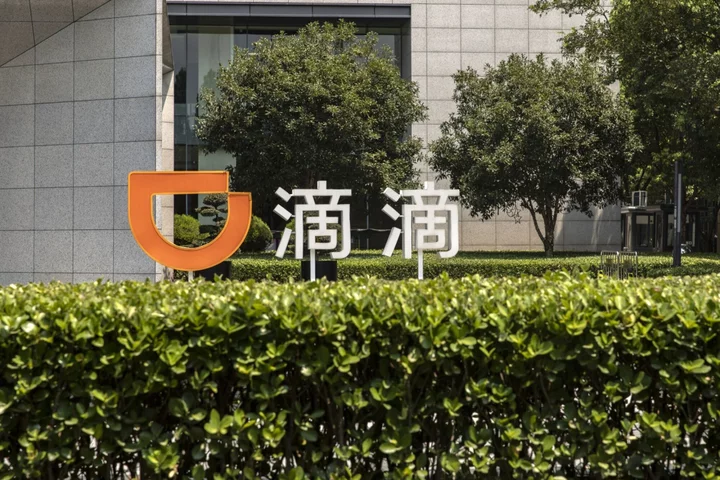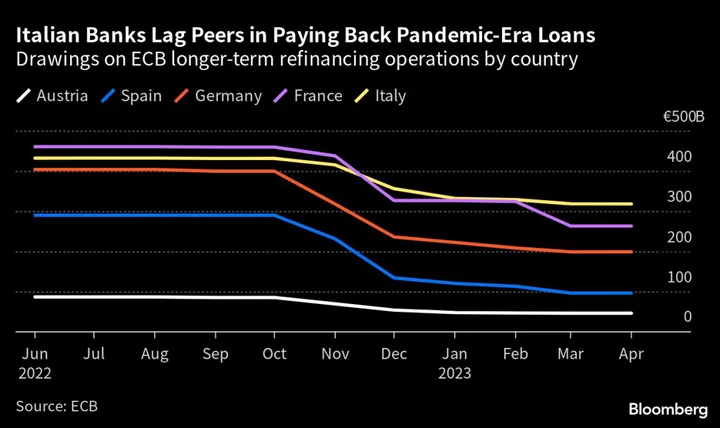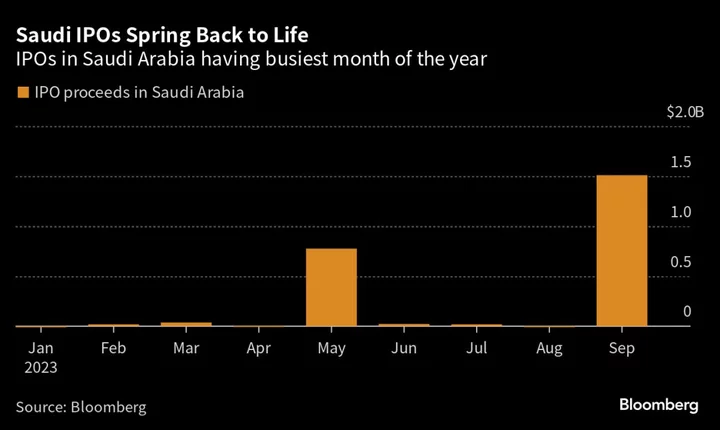Didi Global Inc. narrowed its losses further in the second quarter, as the Chinese ride-hailing giant cut costs to rebound despite slowing economic growth.
The company’s net loss attributable to ordinary shareholders dropped to 267 million yuan ($36.4 million) in the second quarter, down from 5.45 billion the year before. Total revenue in the June quarter rose 52.6% to 48.8 billion yuan, compared with 32 billion yuan in the same period in 2022.
Didi’s core China business benefited from growing domestic travel demand, despite a weaker-than-expected post-pandemic recovery in Chinese consumer sentiment. After cutting some costs in the first two quarters, the company said it would step up consumer incentives and marketing to help grow its international business in the second half of the year.
Once hailed as a national champion that bested Uber Technologies Inc. in China, Didi has been gradually resuming expansion following a yearlong probe into the security of its data by Chinese regulators. That saga drove the company off New York’s main bourse and resulted in a $1.2 billion fine.
Investors have been expecting a fresh push for growth, including a possible re-listing in Hong Kong. More than a year after its exit from the New York Stock Exchange, Didi boasts a market value of around $15 billion — larger than just about any other firm whose shares are primarily quoted over-the-counter in the US, data compiled by Bloomberg show.
Since its apps were restored to Chinese stores earlier in the year, the company’s moves have included the rollout of an autonomous concept car and self-driving taxi services. Last month, Didi announced the sale of its electric-vehicle development arm to Xpeng Inc, an HK$5.84 billion ($745 million) deal that gives Didi a 3.25% stake in the EV maker.









